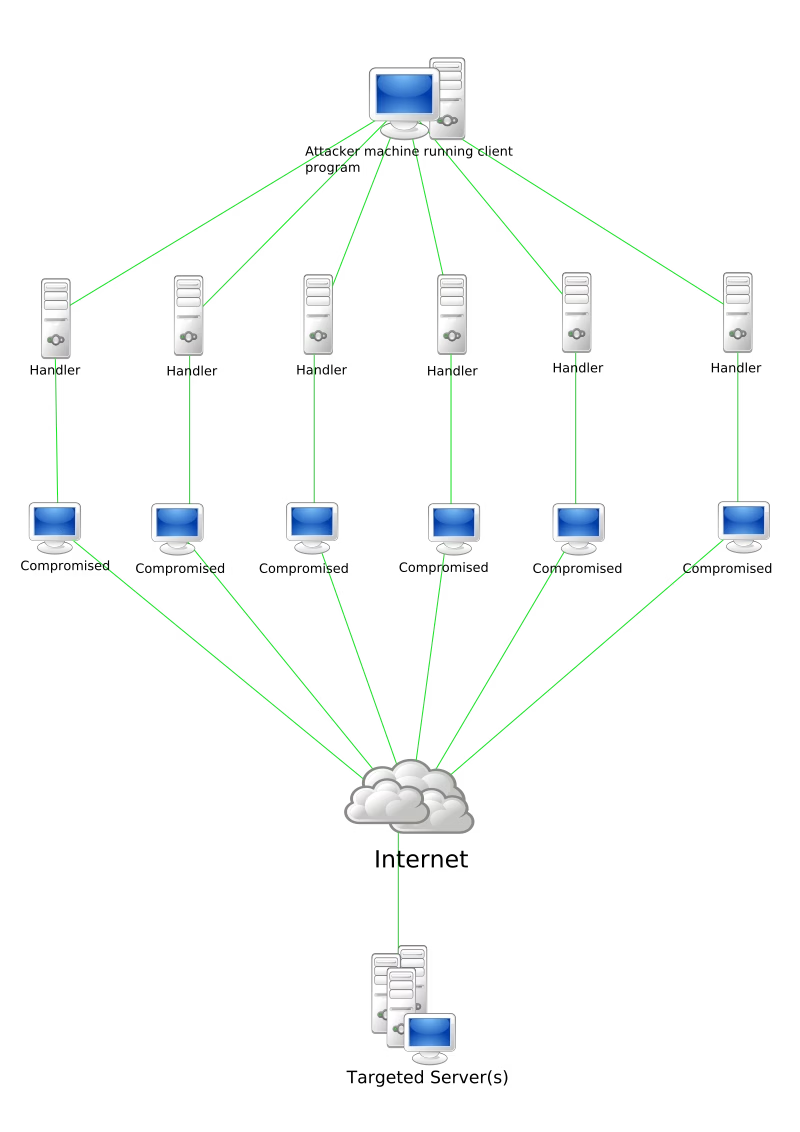The mining pool behind an attempted 51% attack on Monero is reportedly under a distributed denial-of-service (DDoS) attack, disrupting the effectiveness of the takeover attempt.
In a Sunday X post, Sergey Ivancheglo — who claims responsibility for the network attack — said the Qubic mining pool he controls is under a DDoS attack. He added that the attack resulted in the attacking pool’s hashrate falling from 2.6 gigahashes per second down to 0.8 GH/s.
One user questioned whether a DDoS is a sustainable response to the attack on Monero, and asked Ivancheglo for an estimate of its cost. Ivancheglo said it has no cost due to presumed control over the Monero-mining malware network by the attackers. “Zero cost, if you already have a botnet to mine Monero. So we are building protection assuming they can do it indefinitely,“ he said.
A DDoS attack floods a target with traffic from multiple sources, overwhelming it and making it inaccessible. Those attacks are often conducted through malware-controlled infected computer networks called botnets.
Related: Monero likely pumped 50% due to suspected $330M Bitcoin theft: ZachXBT
Unlikely that Qubic mining pool under DDoS attack
On Monday, Ivancheglo claimed in another X post that “Qubic is under DDoS attack from Monero” and said the attack had lasted six hours. He also said his team had implemented protections to mitigate the disruption.
“Let’s see what those desperate guys will manage to break this time,” he said.
Cointelegraph verified that direct queries to the Qubic mining pool returned an average response time of 0.188 seconds across three endpoints, with no dropped requests. Considering that traffic was routed through a virtual private network server, this falls within normal operational limits and does not suggest ongoing DDoS attacks.
MiningPoolStats data shows Qubic as the last mining pool with no hashrate, after it stopped reporting its hashrate on July 30. Still, Qubic’s hashrate tracking service claims that its intermittent mining sees peaks at 1.6 GH/s when the network’s intermittent mining operation switches to Monero (XMR).
XMRig developer accused of coordinating DDoS
Ivancheglo shared his suspicions that the developer of Monero mining software XMRig had “orchestrated the attacks.” In a screenshot of a Reddit comment verified by Cointelegraph, developer Sergei Chernykh talked about a “solution” when responding to a user…
Click Here to Read the Full Original Article at Cointelegraph.com News…
